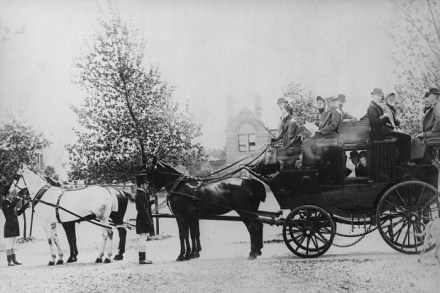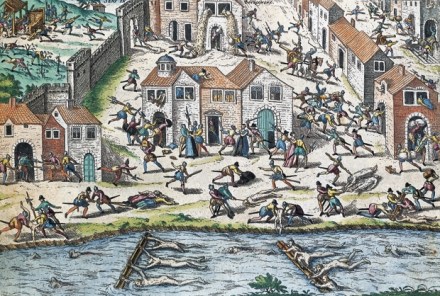Noble Endeavours, by Miranda Seymour – review
Like Miranda Seymour, the author of this considerable work on Anglo-German relations, I was raised in a Germanophile home. I spent summer holidays on the Bodensee and, after graduating from university, lived for a year in Munich and then another in Berlin. It seems to me a pity that my children and most of my friends, familiar with the Dordogne, Tuscany, California, New York and Rajasthan, have never been to the Black Forest or the Bavarian Alps; have never visited Potsdam, Dresden, Würzburg, Freiberg, Heidelberg, Regensburg or Passau; in fact know next to nothing of either the culture or civilisation of the largest nation in western Europe. Yet there have


















